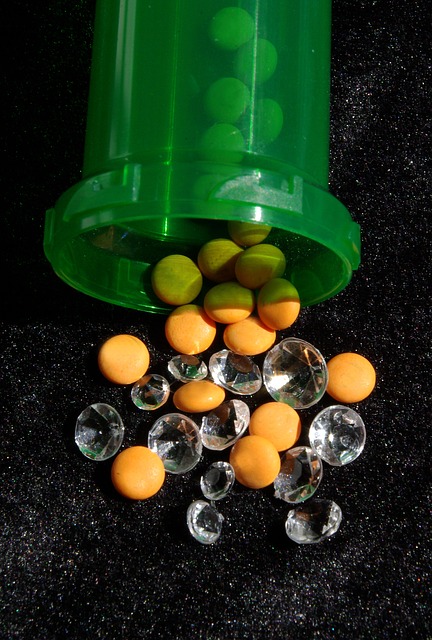Prescription painkillers are the most commonly abused drugs in the United States, after alcohol and marijuana, according to the National Institute on Drug Abuse. Of these powerful and dangerous drugs, hydrocodone and oxycodone — two painkillers commonly prescribed for everything from back pain to injury — are prized among people addicted to opiates because of the high they produce. In fact, about 75 percent of people addicted to opiates name these drugs as their substances of choice. The Most Popular Drug of All Oxycodone is the most popular painkilling drug of all, according to the medical journal PAIN. It’s stronger than hydrocodone and does not generally contain acetaminophen; acetaminophen, an active ingredient in hydrocodone, causes liver damage in chronic abusers. People addicted to oxycodone, often known as OxyContin, crave the strong, intense high it produces. Hydrocodone, more commonly known as Vicodin, is not as intense but is still extremely powerful and addictive. Quitting either suddenly produces severe withdrawal symptoms, as all opiates cause physical dependency in those who abuse the drugs, and sometimes, addiction. What Oxycodone and Hydrocodone Do The human body has a variety of ways to self-manage pain symptoms. The brain produces endorphins — natural, feel-good chemicals — such as dopamine. Hydrocodone and oxycodone force the brain to produce a powerful endorphin rush beyond what would ever occur naturally. Eventually, as abuse continues, the brain becomes reliant on the drug to produce the good feelings. Ultimately the person addicted to hydrocodone or oxycodone can no longer feel normal on his or her own — and taking the drug becomes necessary simply to avoid the symptoms of withdrawal.Signs of Addiction People addicted to opiates demonstrate telltale behavioral, physical, and emotional symptoms. If your loved one constantly “loses” prescriptions or visits multiple doctors to get more pills, there is a problem. Nodding off, a change in weight, flu-like symptoms, and gastrointestinal problems such as constipation and stomach cramps are common in people addicted to opiates. Your loved one may also feel anxious or panicked before a dose, and extremely calm afterward. You should also be on the lookout for problems at work or at school, as well as growing legal, relationship, and financial problems. Help for Opiate AddictionOpiate addiction is an epidemic, according to the Centers for Disease Control and Prevention. The opiate treatment center at The Ranch PA helps people every day recover from addiction to hydrocodone, oxycodone, and other substances. At our rehab for opiates, our compassionate and qualified staff will help your loved one recover from the physical, emotional, and behavioral effects of drug dependency. Call us now to learn more. (Photo via)

